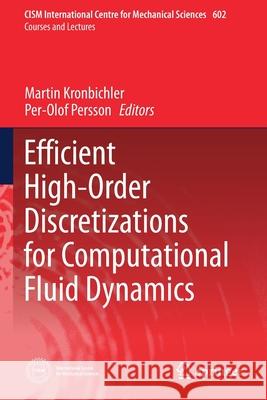Efficient High-Order Discretizations for Computational Fluid Dynamics » książka
topmenu
Efficient High-Order Discretizations for Computational Fluid Dynamics
ISBN-13: 9783030606121 / Angielski / Miękka / 2022 / 320 str.
Efficient High-Order Discretizations for Computational Fluid Dynamics
ISBN-13: 9783030606121 / Angielski / Miękka / 2022 / 320 str.
cena 805,10
(netto: 766,76 VAT: 5%)
Najniższa cena z 30 dni: 693,97
(netto: 766,76 VAT: 5%)
Najniższa cena z 30 dni: 693,97
Termin realizacji zamówienia:
ok. 16-18 dni roboczych.
ok. 16-18 dni roboczych.
Darmowa dostawa!
Kategorie:
Kategorie BISAC:
Wydawca:
Springer
Język:
Angielski
ISBN-13:
9783030606121
Rok wydania:
2022
Ilość stron:
320
Waga:
0.45 kg
Wymiary:
23.39 x 15.6 x 1.7
Oprawa:
Miękka
Wolumenów:
01
Dodatkowe informacje:
Wydanie ilustrowane











